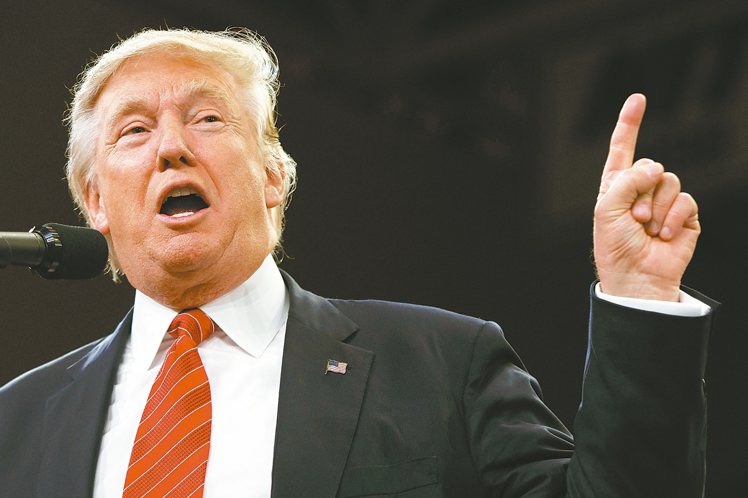
Donald Trump recently thumbed his nose at U.S. President Barack Obama by claiming that the president was the “founder” of the Islamic State group, the Republican nominee threw his adversary Hillary Clinton into the bargain as well, for being Obama’s right-hand woman. And although we may often dismiss or disapprove of such electoral gamesmanship, particularly that which emanates from the mouth of Trump, deeper rumination on the Middle East policies of Obama and former Secretary of State Clinton does seem to warrant a wag of the finger toward the duo for the chaotic state of international politics seen today.
The series of terrorist attacks in recent years has unquestionably been born of the Syrian civil war. As the democratic movement of the Arab Spring in 2011 swept through Tunisia, Egypt, Libya, Yemen, Syria, and areas of the Middle East, the United States surprisingly chose to stand on the sidelines as an observer in Syria, allowing the Damascus demonstrations to evolve into armed conflict and, eventually, a full-blown civil war. Over the past half-decade, the war has fueled the growth of the Islamic State group, a terrorist organization, and generated an influx of refugees into other countries, quietly changing the world as we know it.
The Islamic State group was created and cut its teeth in Iraq but, after taking advantage of the Syrian conflict to mount an incursion and seize territory to establish its “caliphate,” it has become the largest and wealthiest international terrorist organization ever to exist. Its reach spans from North and West Africa to the Arab Peninsula and South and Southeast Asia, and major terrorist attacks attributable to it have occurred in Paris, Brussels, Istanbul, Dhaka, Jakarta; California and Florida in the United States; and the state of Bavaria in Germany. The Islamic State group has quickly risen to become the single greatest threat to international security today, with an estimated 40,000 youths from all over the world reported to have joined its ranks, becoming jihadi fighters who eventually return to embed themselves as latent threats in their home countries and societies.
The refugee crisis arising from the Syrian civil war saw over one million refugees pour into Europe last year, and as the human tide continues with no end in sight, the European Union’s inconsistency on policies for managing refugees has been a sharp blow to the political stability of its member states.
In Germany, for example, troubles first arose with refugee-related sexual assault cases in the city of Cologne on New Year’s Eve. That was followed by over five incidents categorized as terrorist attacks last month, pointing to woefully inadequate refugee policies. In response, German Chancellor Angela Merkel drafted laws that would revoke citizenship for German former Islamic State group members, prohibit Muslim women from wearing burkas, and create 4,600 new job postings for police — measures of somewhat questionable efficacy when it comes to actually curbing terrorist attacks.
After the Paris terrorist incident in January of last year, did France not also adopt similar anti-terrorism measures only to suffer continued attacks in Paris, Nice, and Normandy? These types of actions not only unduly expand the power of government and erode the fundamental rights of citizens, but will also engender even greater distrust and animosity between immigrants and their host nations, decreasing societal security and sparking political upheaval. As refugees who have settled in Europe find their dreams and expectations dashed upon the rocks of isolation and estrangement, their disappointment may become resentment toward European society and lead them down the path of extremism.
The United States still commands a singular position of leadership within the international landscape of the 21st century, and its president’s background, education, upbringing, and experience will determine the capabilities of the nation when it comes to foreign policy and crisis management. In less than 100 days the new leader of the United States will be decided, and it is unknown exactly how well the various governmental departments and agencies understand either Trump or Clinton. In any event, for the sake of one’s own life and property, what is clear is that those Taiwanese looking to travel or invest outside of the country would do well to acquaint themselves with the sobering reality of growing international terrorism.

Leave a Reply
You must be logged in to post a comment.